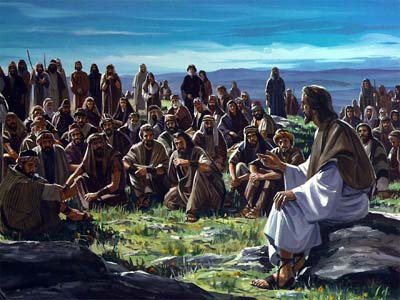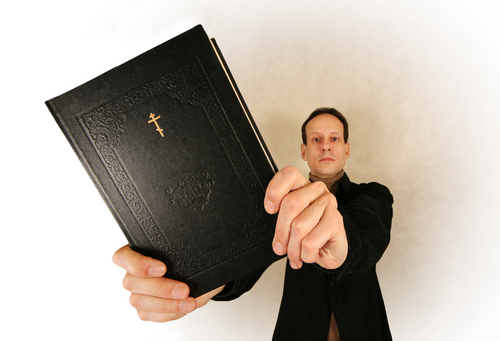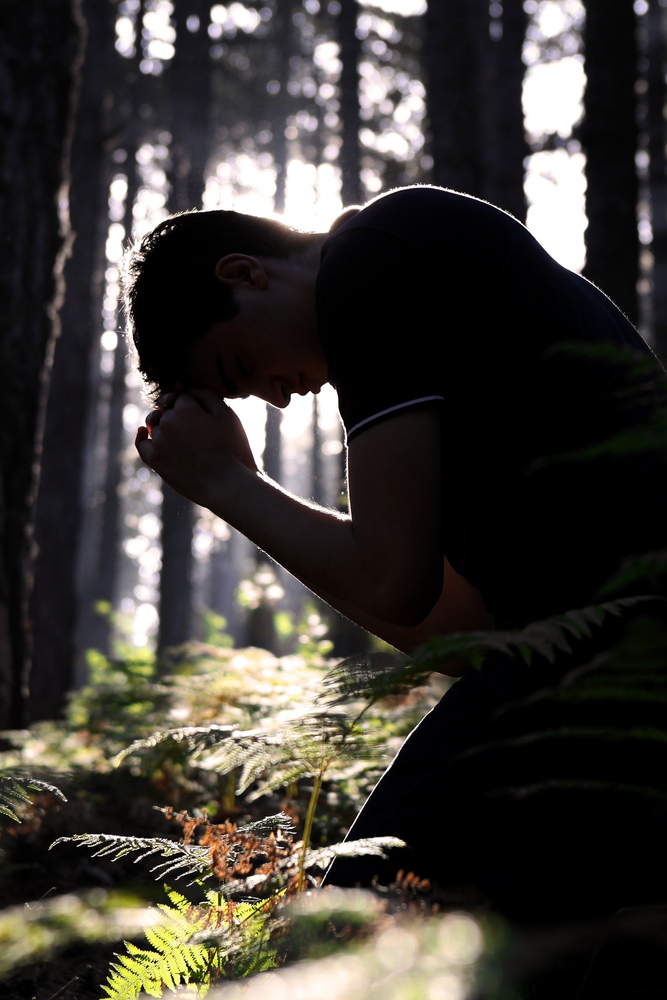Many people are confused, angry, and worried about the future — while others feel their longest hoped-for political dreams have become reality. The air is full of tension, even on these sunny summer days, and it seems as if the nation has somehow cracked open.
How did we get here? All over the world people are marching in the streets proclaiming, “Black lives matter.” Millions have defied the fear of the corona virus, and taken their lives into their hands to venture out into the streets to protest the systemic racism that permeates institutions all over this planet.
The slow-moving currents in the ocean depths move in a rhythm untouched by the ever-changing surface of the sea. As we tune into patience and learn to feel a deeper rhythm, we discover that the eternal currents of the cosmic ocean of energy also flow unchanging, despite the storms that blow in material realities.
As Christians we are called to love one another above all else, but what happens when we unwittingly bring in elements that illicit feelings of exclusion, rather than loving inclusion, among those at our worship services? Monette Chilson explores two practices with the potential to ostracize and calls us to reexamine them.
The Greek word for “faith” in the New Testament is pistis, which occurs 243 times. As a noun, pistis is used as a technical term for “forensic evidence.” In other words, faith is not blind; we must investigate to establish the facts. I agree with retired Episcopal bishop, John Shelby Spong, who writes, “My problem has never been my faith. It has always been the literal way that human beings have chosen to articulate that faith.” To many Christians, faith means believing highly suspect claims, which is a problem for me. Thinking isn’t a sin. God created our minds and I’m certain that we were intended to use them.
I think Christian missionaries should live among the people exhibiting their Christianity in their daily lives. If the people see something in their lives that is missing in their own lives they will ask about it, which gives the missionary permission to tell them about their faith.
For Christians grace is God’s gift of pardon. According to William Barclay the Greek word for grace was originally a military term. When an emperor came to the throne or celebrated a birthday, he would give his troops a donatirim (donation), which was a free gift that they had not earned; it was given out of the goodness of the emperor’s heart. This idea was picked up by the Christian scripture writers when they wrote about the grace of God. Grace is something that is unearned and undeserved – unmerited pardon.
Easter calls attention to the traditional, fundamental “beliefs” associated with the Christian religion – if only for a day. The secular world pays little attention to the nuances of Christian “faith” in a post-Christian world. Easter is a liturgical season that lasts for seven weeks. In Christian tradition, the time between the resurrection of Jesus and his “ascension” into the sky (Pentecost) replaces the time between the Jewish Feast of the Passover and the giving of the law to Moses on Mt. Sinai. Not only do most Christians concentrate on the resurrection story – often literally. Editorial writers for supposedly sophisticated secular media seem to feel obligated to attempt to find meaning in the traditional religious legend of a dead man walking out of his tomb. But “faith” does not mean “belief.” “Faith” means “trust.” “Faith” further means “confidence.”
















